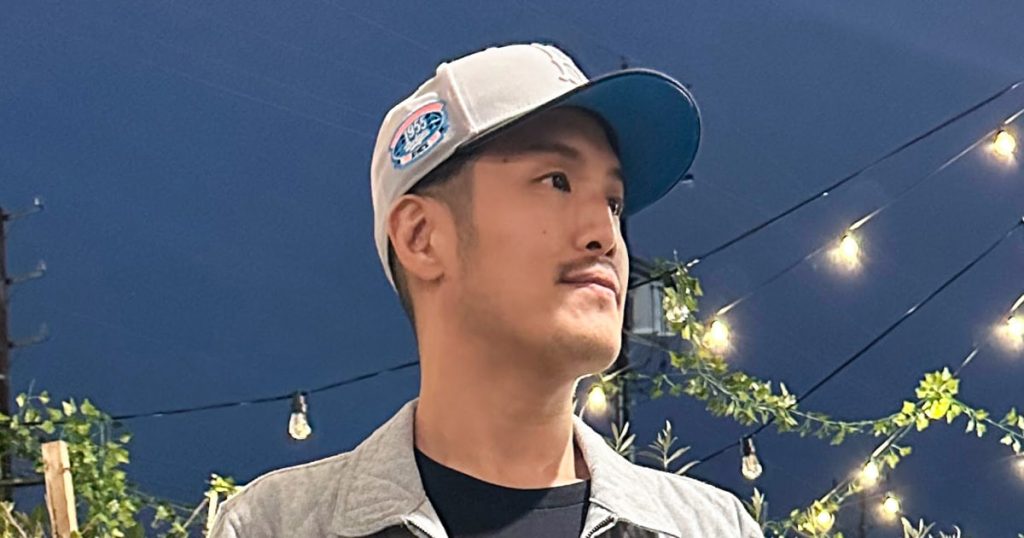Parents in Los Angeles’ Koreatown reached out for mental health assistance during their son’s bipolar episode, but police ended up fatally shooting the son, Yong Yang, after he locked himself in his parents’ apartment with a knife. The bodycam video released by the police showed officers demanding Yang to drop the knife before an officer, identified as Andres Lopez, shot him seconds later. Yang’s parents dispute the police’s account that a clinician stated Yang was violent before the shooting on May 2. The Mental Health Department mentioned that in cases where de-escalation through clinical means is not possible, law enforcement will be contacted to maintain safety.
The day before the shooting, Yong Yang’s parents noticed their son talking to himself and hearing voices, but his behavior never turned violent. However, a clinician told police that Yang had become violent and aggressive, forcing the parents out of the apartment the night before the shooting. Yang’s father maintains that his son was not physically violent on the day of the shooting or the night before. When the Mental Health Department personnel arrived at the scene, they spent less than 2 minutes and 30 seconds assessing Yang before calling the police for assistance. The family’s attorney believes there is more to the incident than what was captured in the released video and is advocating for the disclosure of all camera footage.
The bodycam video shows officers attempting to coax Yang out of the apartment, with a police supervisor informing Yang’s father that they cannot take him to the hospital unless he is deemed a threat. Yang’s father was not informed about what transpired in the apartment until later and was only told by an officer, “I’m sorry for your loss,” hinting at his son’s death. The family is calling for an independent investigation and the release of all evidence related to the incident, as they believe their son was trying to protect himself against the demons he saw due to his mental health condition. They are seeking justice and answers regarding why police resorted to gunfire so quickly in their son’s case.
Yong Yang’s parents emphasize the need for a thorough investigation to understand what led to the fatal shooting and to prevent similar tragedies from happening in the future. They express their deep sorrow over losing their son and the impact it has had on their family. The lack of direct communication from law enforcement and the distressing circumstances surrounding their son’s death have left them searching for answers and accountability. The family is determined to seek justice for Yong Yang and make sure his story is heard to shed light on mental health crises and police responses in situations involving individuals with mental illnesses.
The video footage shows the unfolding of events leading up to Yong Yang’s fatal shooting, with officers attempting to de-escalate the situation before resorting to the use of force. The police’s decision to shoot Yang has raised questions about the handling of mental health crises and the use of deadly force in such situations. The family’s plea for an independent investigation reflects their concerns about the need for transparency and accountability in cases involving police shootings. The tragic loss of Yong Yang highlights the challenges faced by individuals struggling with mental health issues and the importance of addressing these issues with compassion and understanding.
Through their advocacy for a thorough investigation and transparency in the handling of their son’s case, Yong Yang’s parents hope to bring attention to the need for improved mental health resources and crisis intervention methods. They seek to honor their son’s memory by striving to prevent similar incidents from occurring in the future and by advocating for greater support for individuals experiencing mental health crises. The family’s quest for justice and accountability serves as a call to action for community members, officials, and mental health professionals to work together to address the complex issues surrounding mental health care and law enforcement interactions.


